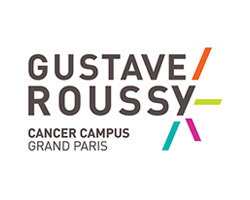Communication of bad news in relation with surgery or anesthesia: An interdisciplinary simulation training program
Résumé
Introduction: Disclosure of damage related to care is a difficult area of communication due to thephysician’s feeling of guilt or the fear of liability. The aim of this study was to develop, and to evaluate theimpact of an inter-disciplinary simulation program on communication of damage related to care.Methods: Residents in gynecology/obstetrics and anesthesiology participated in role-playing scenarios ofcommunication of damage related to care. We assessed verbal, non-verbal communication skills andinter-disciplinary relations with a modified SPIKES protocol and with a video analysis with predefinedindicators. We evaluated long-term impact of the training at 3–6 months with combining self-assessment and a video analysis on retained knowledge.Results: We included 80 residents in 15 sessions of simulation. Satisfaction regarding the simulationtraining was high (9.1/10 [8.9–9.3]). The part of the SPIKES protocol “setting up the interview” was themore difficult to apply. Empathic attitude was adopted 80 % of the time in the two scenarios with a life-threatening complication but was less common in the anesthetic one (broken tooth). The residents foundinterdisciplinary disclosure helpful due to support from the other resident. Immediately after the session,residents reported an important improvement in communication skills and that the session wouldsignificantly change their practice. At 3–6 months, reports were still largely positive but less than onimmediate evaluation.Conclusion: Residents did not master the most important communication skills. The interdisciplinarymethod to breaking bad news was felt useful.
| Origine | Fichiers produits par l'(les) auteur(s) |
|---|




